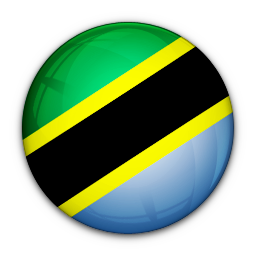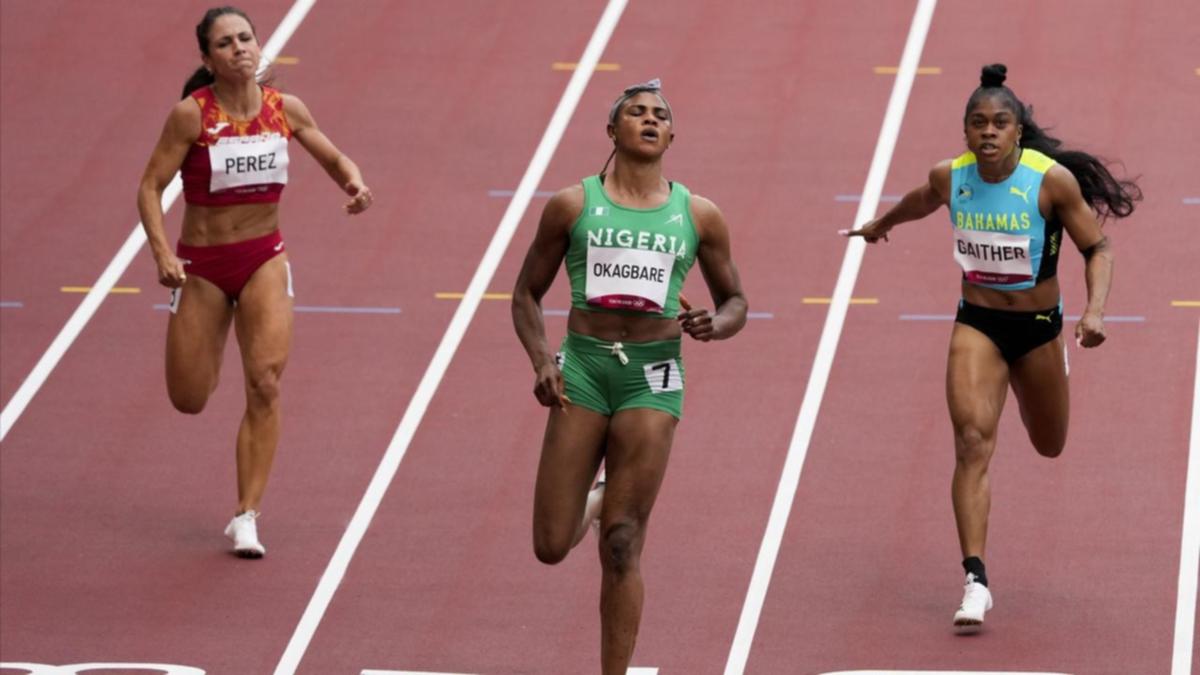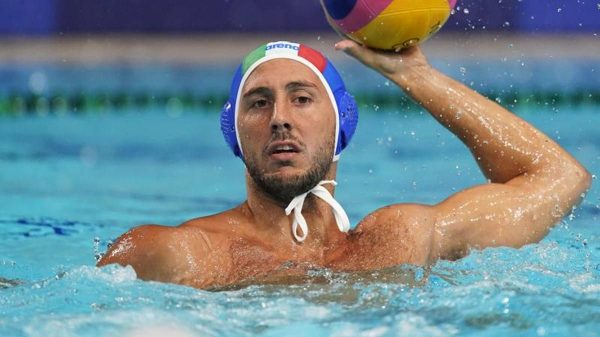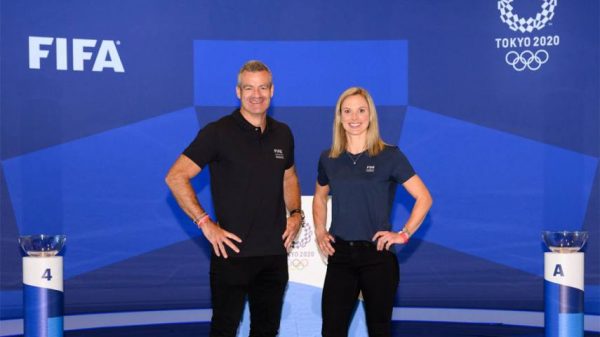The Olympics in Tokyo are not just attended by track and field athletes. In fact, other unique athletes in the competition include people such as Blessing Okagbare.
The Nigerian, who is 32 and competed in the long jump at the 2008 Beijing Olympics, finished second in the event during 2013’s World Championship in Moscow. In Beijing four years earlier she had placed fourth. A few months prior to her placement in Moscow, she took home two gold medals at the Commonwealth Games and African Championships.
Despite many setbacks, she always made it to the finals. At the recent Doha 2019 Worlds, she was disqualified for breaking one of the rules during a prelim stage race.
 Track and field athlete Okagbare
Track and field athlete Okagbare
This year has been a big leap in her career for the Nigerian athlete. Okagbare has set personal records, and she’s participated at Diamond League competitions (at different distances). In June, she ran the Olympic qualifying race in Lagos with a time of 10.63 seconds (the second best time among women sprinting), but because there was too much wind carrying her forward, she didn’t cross the finish line.
Shelley-Anne Fraser-Price of Jamaica has been luckier in recent years. The same second that raised no complaint to the referees, she became a contender for gold in the Olympics.
Nigerian athlete Blessing Okagbare’s Olympic chance has been called into question after AIU published information about the occurrence of synthetic growth hormone in a July 19 sample.
How it happened
The important thing here is that growth hormone is only injected, and it cannot be found in any other form. It’s one of the most commonly used types of doping among athletes: it really helps to improve performance. Since she was caught, I’d assume the Nigerian woman has been doing this for a while, since growth hormone should always show up after a certain amount of time. And from what I can see she got her dose in America – where she has been training for over 10 years now.
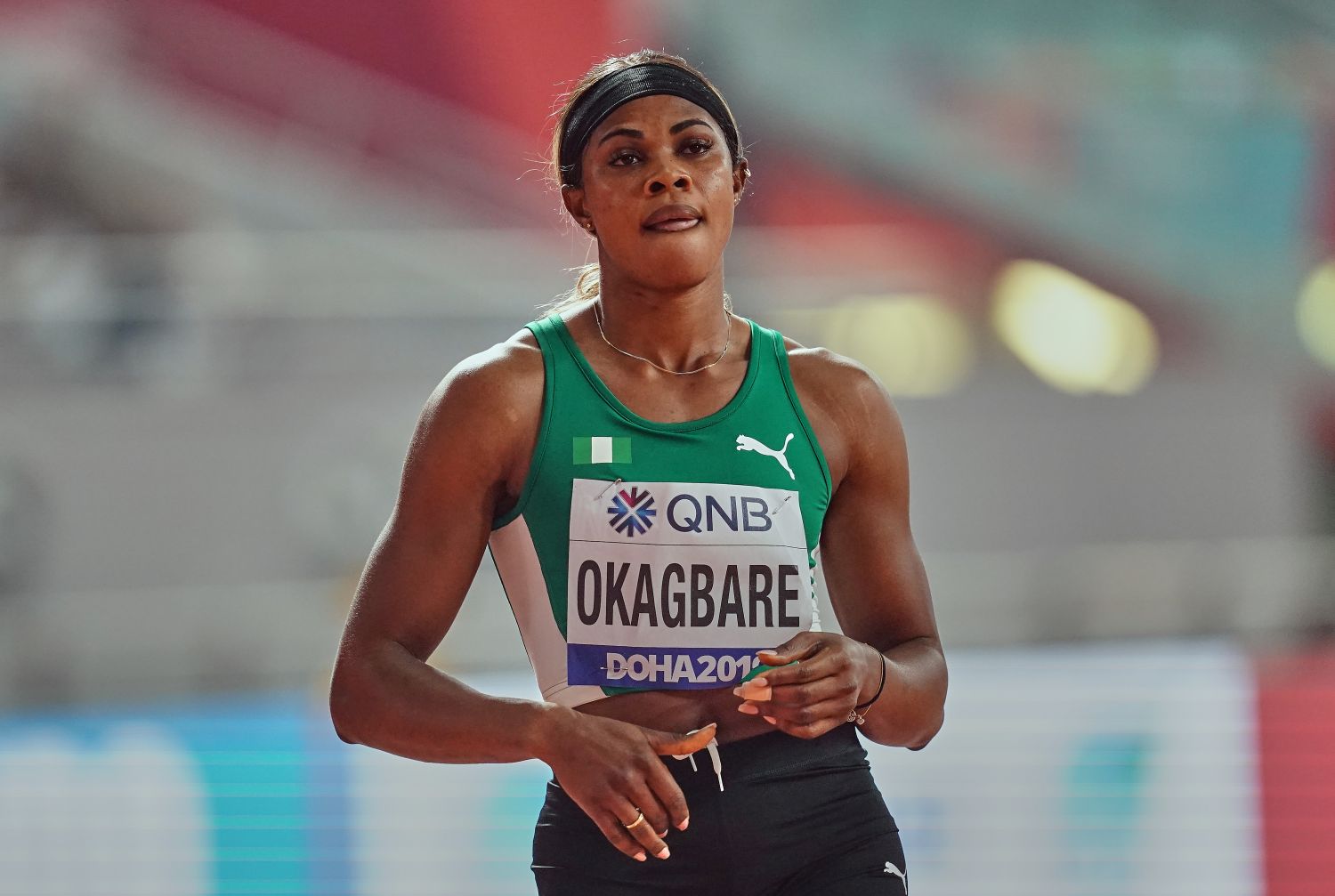
The first doping case in Tokyo
Translated from Russian: The first doping incident at the Tokyo 2020 Games occurred before the start of a triathlon championship. Before the race, it became known that Ukrainian athlete Yulia Yelistratova was disqualified for doping because she tested positive for erythropoietin (EPO) on June 5th.
